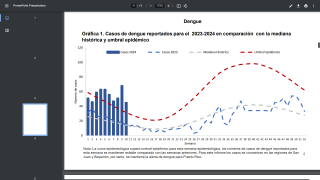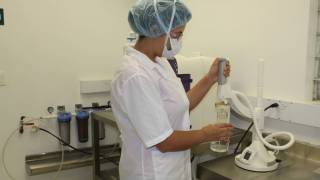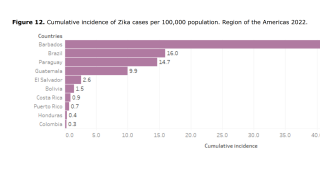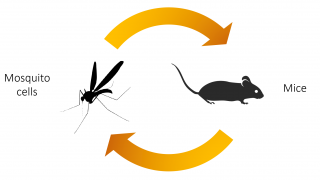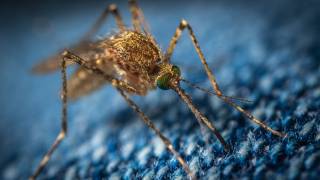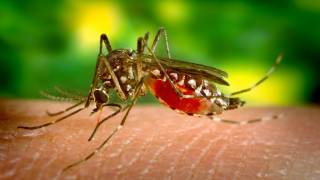University of Hawaii Study Identifies Potential Zika Vaccine

Researchers at the University of Hawaii (UH) at Manoa, John A. Burns Medical School, have successfully developed a vaccine candidate for the Zika virus, showing that it is effective in protecting both mice and monkeys from the infection.
This is good news since there is no treatment or cure for Zika virus infection, nor is there a commercial vaccine approved for public use.
Demonstrating the effectiveness of their vaccine candidate in non-human primates (monkeys) is an important milestone because it typically predicts the vaccine will work in humans, enabling further clinical development, said these UH researchers in a press release.
A strong global initiative to battle Zika began in 2015-2016, more than 30 vaccine candidates have launched, such as:
This proposed vaccine is a recombinant subunit vaccine that uses only a small part (protein) of the Zika virus, produced in insect cells.
"We believe our vaccine candidate shows much promise particularly as it showed to require only 2 immunizations given 3 weeks apart and is a potentially safer alternative to other candidates already in clinical trials," said Axel Lehrer, Ph.D., JABSOM Assistant Professor of Tropical Medicine and Infectious Disease.
Dr. Lehrer believes the vaccine his team proposes might be safer than other candidate vaccines, especially keeping in mind that pregnant women constitute a significant part of the target population for a Zika vaccine.
Zika is spread mostly by the bite of an infected Aedes species mosquito (Ae. aegypti and Ae. albopictus). These mosquitoes bite during the day and night, says the Centers for Disease Control and Prevention (CDC).
Zika infection during pregnancy can cause a birth defect of the brain called microcephaly and other severe brain defects. It is also linked to other problems, such as miscarriage, stillbirth, and other birth defects.
There have also been increased reports of Guillain-Barré syndrome, an uncommon sickness of the nervous system, in areas affected by Zika, says the CDC.
The research team at JABSOM included two senior graduate students who served as lead authors of the scientific research papers. Liana Medina, whose early training was directly supported by a National Institutes of Health Diversity in Health-Related Research grant, and Honolulu native Albert To are the graduate student lead authors.
Honolulu-based Hawaii Biotech is a key partner in the vaccine development project with UH.
Two of their scientists, Dr. Jaime Horton and David Clements, contributed to the most recent publication demonstrating vaccine efficacy in monkeys, along with collaborators from Bioqual Inc. of Rockville, Maryland, and the Department of Diagnostic Medicine/Pathobiology, Biosecurity Research Institute, College of Veterinary Medicine, at Kansas State University.
JABSOM scientists continue to work to understand the immune responses to the vaccine. They are collaborating with the UH Kapiolani Community College in an effort to create antibodies that can be used as treatments or for improved diagnostic tests for Zika virus. Other Zika-related research at JABSOM also focuses on understanding how Zika can hide undetected in the sex organs of men for an extended period.
Funding for the most recent research for the vaccine project was provided in part by Pacific Center for Emerging Infectious Diseases Research (COBRE grant P30GM114737), by the National Institute of General Medical Sciences (NIGMS), NIH/NIAID grant 1R01AI119185, and institutional startup funds.
Our Trust Standards: Medical Advisory Committee


